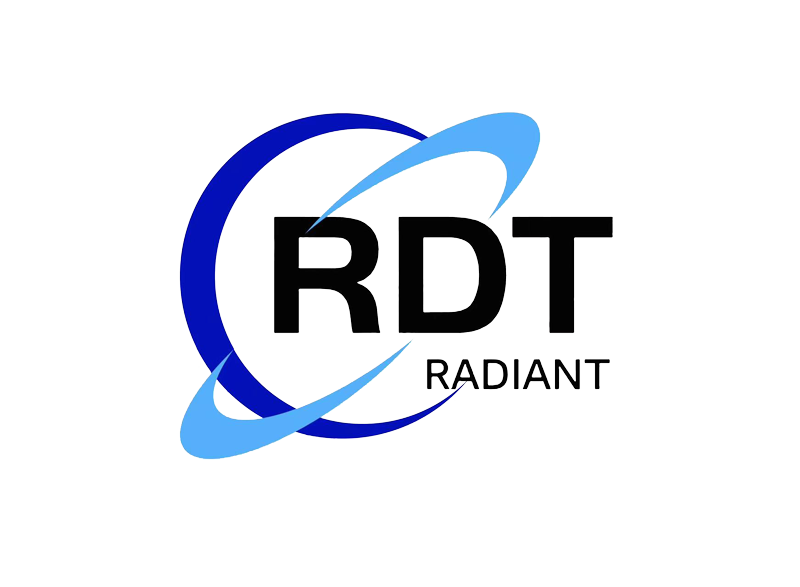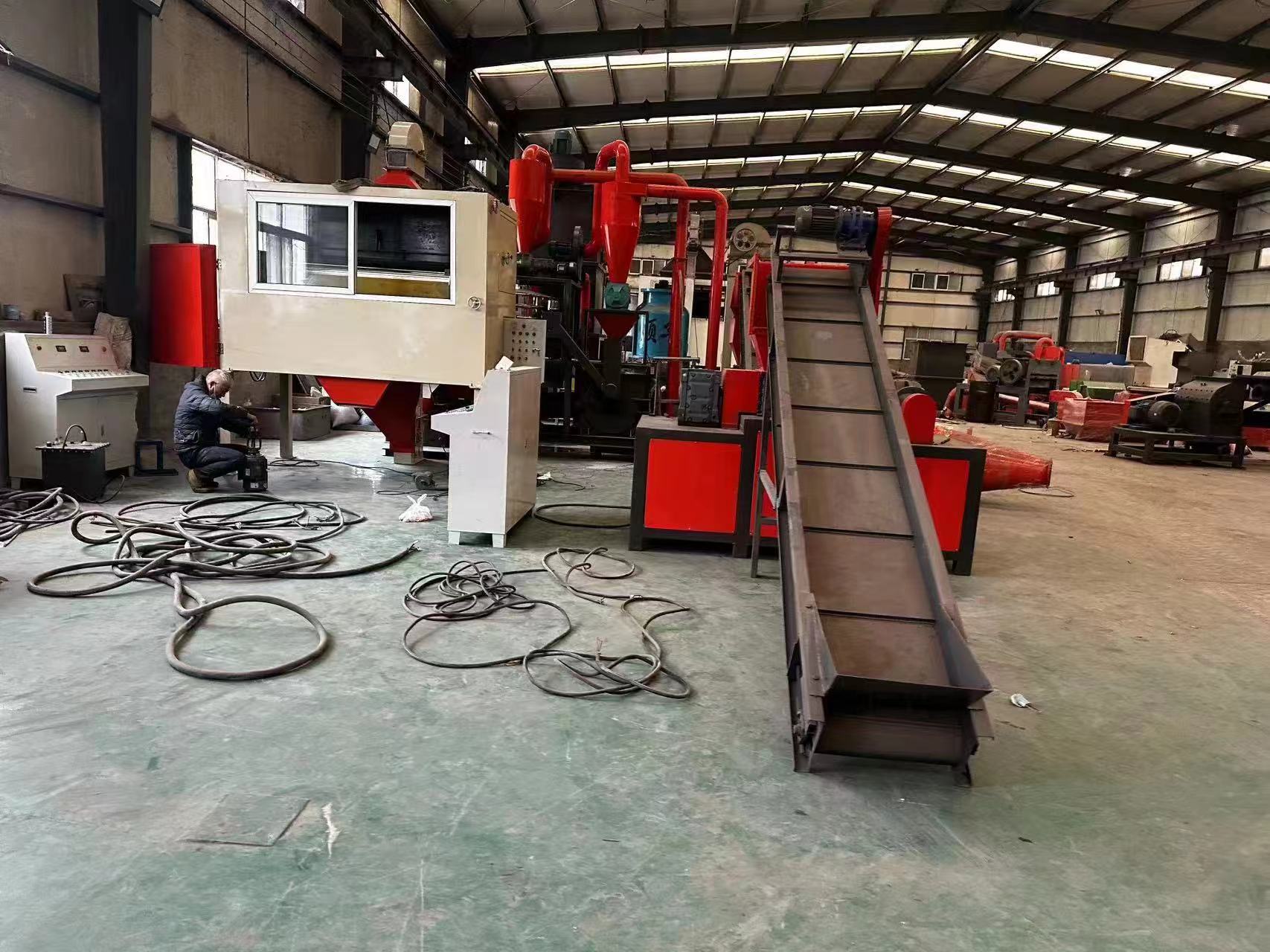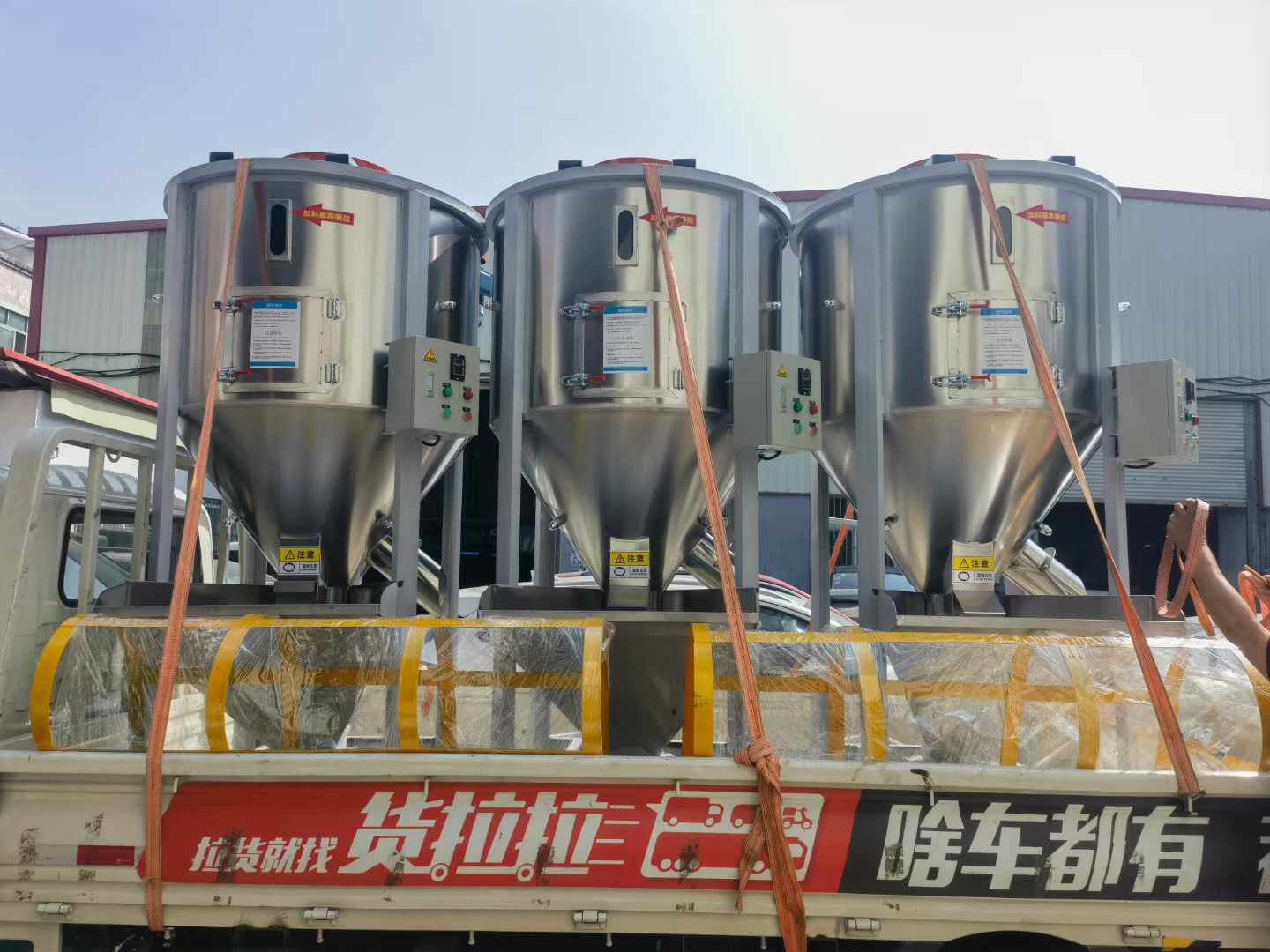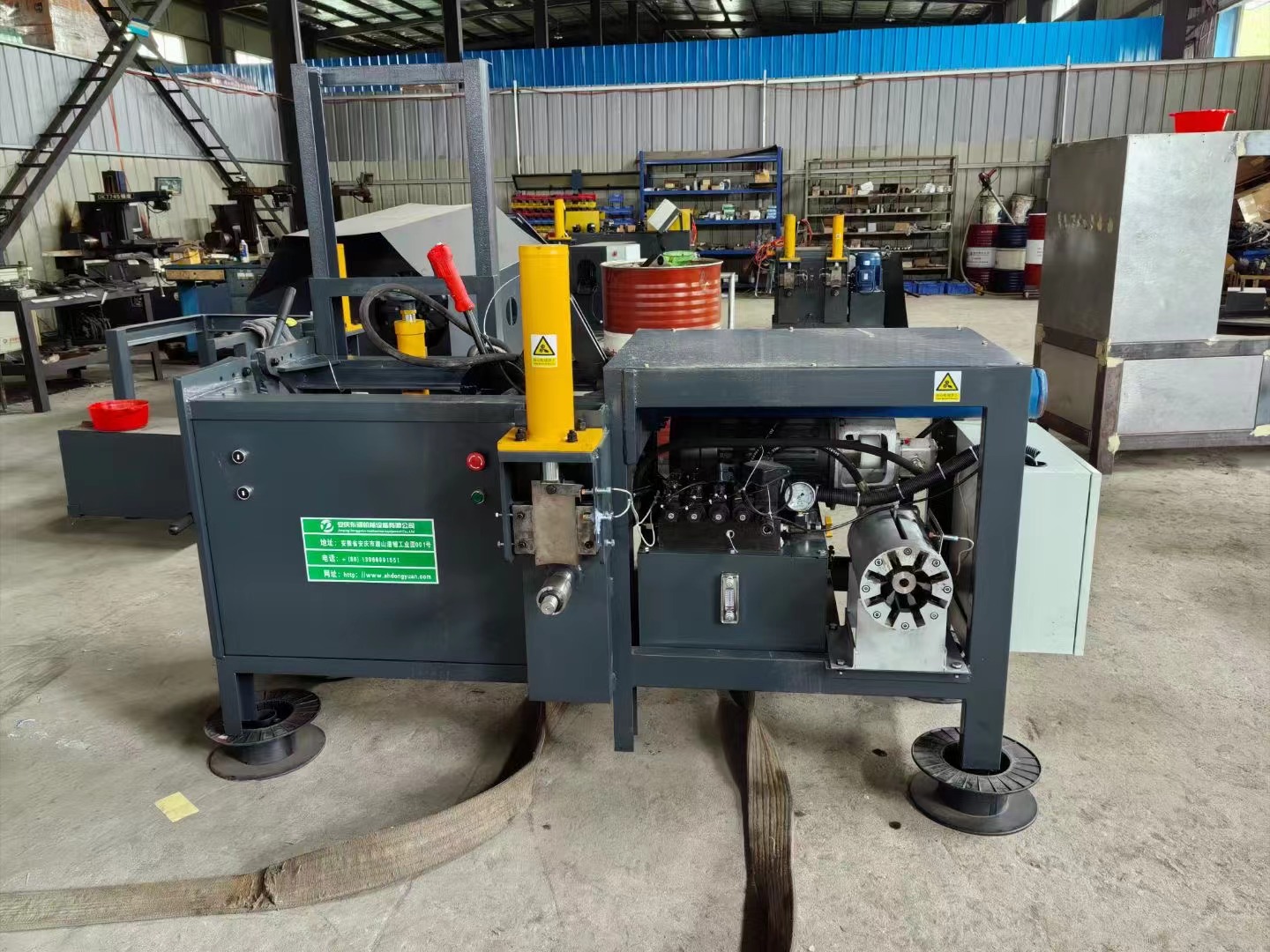Greece, Spain, Egypt take steps to tackle E-waste challenge
Jul14,24
The Global E-waste Monitor report released recently by the International Telecommunication Union and the United Nations Institute for Training and Research shows that in 2022, the world will generate 62 million tons of e-waste, an increase of 82% from 2010. It is expected that by 2030, the amount of e-waste generated will increase by 33% from 2022 to 82 million tons. The report points out that the growth rate of e-waste generation is much higher than the growth rate of recycling. If a large amount of e-waste is not properly handled, it will pose a great threat to the ecological environment and human health. In recent years, Greece, Spain and Egypt have achieved positive results in increasing the recycling rate of e-waste by laying out a national recycling network, applying new technologies to improve recycling rates, and enhancing public participation.
Greece – Implementation of the “Waste Recycling of Used Electronic Equipment” project
In order to better deal with the problem of electronic waste, Greece launched the “waste electronic equipment recycling” project in 2016 and established a relatively complete recycling mechanism. The recycling agency under the Ministry of Environment and Energy of the country is responsible for formulating national electronic equipment recycling industry standards, which are implemented by enterprises and social organizations. The project has established electrical appliance recycling and sorting centers and “repair cafes” around Athens and Thessaloniki, the second largest city in Greece. So far, 3,100 tons of waste electronic equipment have been recycled. More than half of them are used for reuse after repair, and more than 1,600 laptops and tablets have been donated to charities after repair for reuse.
The Greek Home Appliance Recycling Association has signed recycling agreements with 285 cities and cooperated with more than 3,500 companies to set up more than 16,000 recycling points across the country. Taking the Athens Electrical Appliance Recycling and Sorting Center as an example, the center’s processing capacity has been continuously expanded. It currently has 7 production lines, an annual processing capacity of more than 15,000 tons, and an average recycling rate of 96%.
Spain – New technologies help with refined recycling
In some grocery stores in Spain, green recycling bins are placed in prominent locations. Consumers can put discarded mobile phones, computers, headphones, electric toothbrushes, etc. into the bins, and related companies will recycle them. This recycling project is operated by the non-profit environmental protection organization ECOECHE. It provides different stores with recycling bins of different capacities free of charge, and is responsible for the unified recycling and treatment of electronic waste. In order to promote the recycling of electronic waste, the Spanish government has successively issued a number of decrees and implementation rules. On the one hand, from production and transportation to waste disposal, electronic products are regulated.
The Spanish government supports all kinds of enterprises to apply new technologies and participate in the recycling industry of waste electronic products. For example, the Spanish company WIREC uses a sorting machine equipped with electromagnetic sensors to recover non-ferrous metals, wires, stainless steel and other materials from crushed materials, and extracts various metals such as copper, aluminum, zinc, etc. according to the different colors, shapes and spectra of the feed materials. Even the plastics in waste electronic products will be sorted out by machines equipped with infrared sensors and laser intelligent selection technology. The person in charge of the company said that when screening metallic copper, the use of this technology can screen out copper and brass faster, making the classification more refined. This sensor sorting technology has improved the recycling rate, and the company can process more than 12,000 tons of waste electronic products each year. This move not only brings profits to enterprises, but also promotes the sustainable development of the economy and society.
Egypt – Encouraging all sectors of society to participate in recycling activities
Imad, a citizen living in Cairo, Egypt, opened a box full of used electronic products while clicking on the E-Tadweer application on his new mobile phone. After taking photos of these electronic products and uploading them, an appointment is made at the nearest recycling point and delivery time, and the used electronic products can enter the recycling process. According to data from the Egyptian Ministry of Environment, Egypt produces about 90,000 tons of electronic waste each year, including used electrical and electronic equipment. A report by the United Nations Environment Programme shows that only 15% to 20% of used electronic products in Egypt are recycled, and most of the others go to landfills. A relevant person in charge of the Waste Management Bureau of the Egyptian Ministry of Environment said: “We need to jointly establish a sustainable mechanism, while providing economic incentives for participants to scientifically solve the problems of recycling, management and reuse of used electronic products.”




